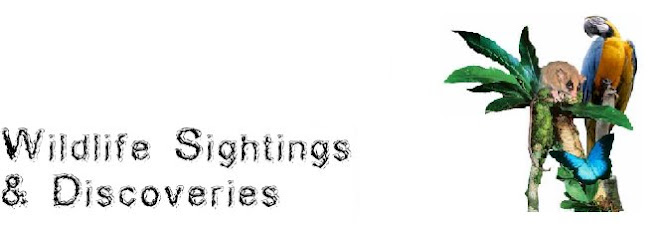
A species of pink land iguana overlooked by Charles Darwin during his visits to the Galápagos Islands may provide evidence of the ancient animal's diversification in the archipelago.
Park rangers first noted the presence of a pink variety of iguana on the slopes of Volcano Wolf on the island of Isabela in 1986, but it was not until 2000 that scientists began to examine it.
On his visit to the Galápagos Islands in 1835, Darwin failed to explore the Volcan Wolf volcano on the island of Isabela, the only home of the "rosada" iguana, a newly identified species of the land iguana Conolophus.
Ancient divergence
Genetic analysis of the rosada and other species of land iguanas performed by Dr Gabriele Gentile of the University Tor Vergata in Rome show that the rosada iguana originated in the Galápagos more than five million years ago, and diverged from the island's other iguana populations when the archipelago was still forming.
The ancient divergence between the rosada and other land iguanas - prior to the formation of the Volcan Wolf volcano - provides evidence for one of the most ancient diversification events recorded in the Galápagos. It is thought that the Wolf volcano is just 350,000 years old so the iguanas were present long before the volcano was formed.
Critically Endangered
This newly recognized species of iguana is already endangered and probably in danger of extinction, Gentile warns. The pink iguanas are only found on the slope of the Wolf volcano, and Dr Gentile's team believes that fewer than 100 Rosadas still exist.
Dr Gentile said "Our studies would indicate that the population size is very small. We only collected 36 during the two years study; and last year a large research team hiked up Wolf Volcano and only found 10, and most of those were ones that we'd marked earlier."
These numbers are low enough to make rosada a Critically Endangered species.




.jpg)
No comments:
Post a Comment